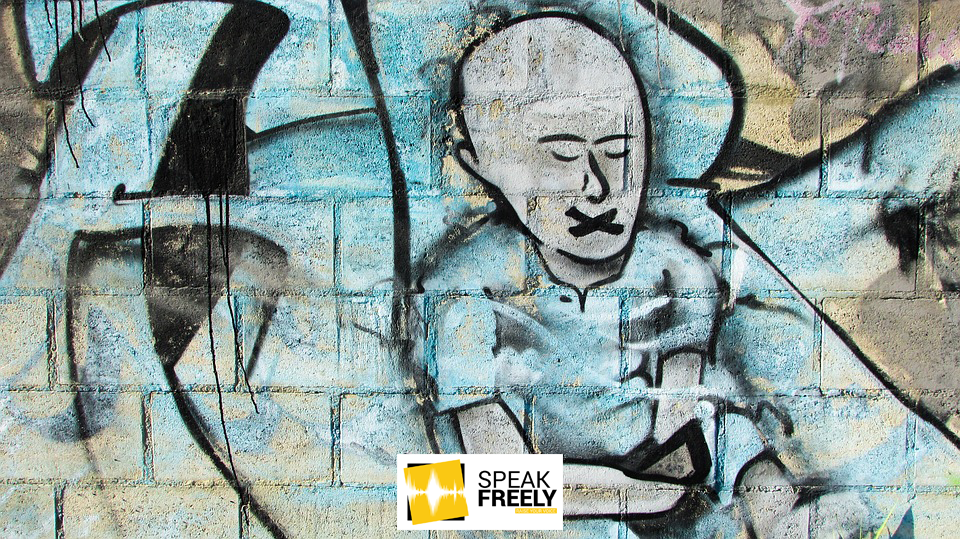The European Parliament’s Committee on Legal Affairs decided to pass on its Copyright Directive to the European Parliament for a vote, which could have grossly limited free speech and effectively killed the internet. Thankfully, the draft has been rejected and sent back to the Committee, where it will be redrafted before appearing in Parliament in September. This directive is the first proposed amendment to European copyright law in years, and is intended by legislators to account for the modern digital age.
The proposed copyright directive would not only have just covered internet memes and news aggregators. Wikipedia, blogs, social media sites, internet forums and other platforms integral to the infrastructure of the internet would have been threatened with heavy fines and blockades by this directive. The directive itself called for automated censorship machines deciding what content would be blocked, with mandatory licensing for links and citations – the so-called ‘link tax’ – keeping platforms on their toes. This could possibly lead to censorship of users by abolishing fair use and citation rights – redefining what is generally accepted to be fair critique and use of content online.
The justifications government’s claim for these regulations include stopping small and large scale ‘internet piracy’, together with supporting newspapers and organisations with failing business models that are unable to compete in the digital world. However, this is not the first time copyright violation has been threatened with overarching and intrusive legislation. SOPA (and it’s Senate surrogate PIPA), CTEA, S.I. 337/2011 and other laws and proposals have threatened liberty and innovation all over the world.
Practically speaking, the effects of copyright legislation are quite different than their intention. SOPA and PIPA were protested in the United States by associations and corporations alike, for threatening to similarly hold liable and censor sites that were only allegedly violating these bills. Takedown claims are rampantly being used to target transparency supporters, critics of government and copyright reform advocates as well. The negative effects of copyright and intellectual property laws also extend to science and research, limiting progress and access to knowledge. Whereas, less strict copyright legislation leads to easier access to knowledge, lower access costs and more citations, more innovation, and in turn, more progress.
We’ve already witnessed the predicted chaos caused by copyright and IP bills and regulations alike. Sandia National Labs claimed that SOPA could ‘negatively impact U.S. and global cybersecurity and Internet functionality.’ Google’s head of global policy warned of the bureaucratic and legal costs coming along with the Copyright Directive, effectively creating higher costs of entry to the market. Dozens of signatories under the Civil Liberties Union for Europe threatened of its dangers and potential conflicts with European Case Law and fundamental rights of citizens.
The mistake is judging laws by the virtuous nature of their intention rather than insidious outcome of their results. In a digital world of infinite supply, copyright in its current form is, in a literal sense, a monopoly on speech, innovation and ideas used as a justification by the state for censorship. Imposing such strict measures of control will hinder the spread of ideas and self-expression; with innovation itself seldom being the result of monopolies granted and enforced by the state.
The EU’s copyright directive proposal was rejected on the 5th of July, meaning that the proposal will have to be rewritten and a newer draft will be voted on in September. The changes that will be proposed are yet to be known and will be drafted once again by the EU’s JURI Committee, but we must keep an eye on the threat of the state eroding our freedoms.
For more information, visit: https://saveyourinternet.eu/
This piece solely expresses the opinion of the author and not necessarily the organisation as a whole. Students For Liberty is committed to facilitating a broad dialogue for liberty, representing a variety of opinions. If you’re a student interested in presenting your perspective on this blog, click here to submit a guest post!
Image: Pixabay
